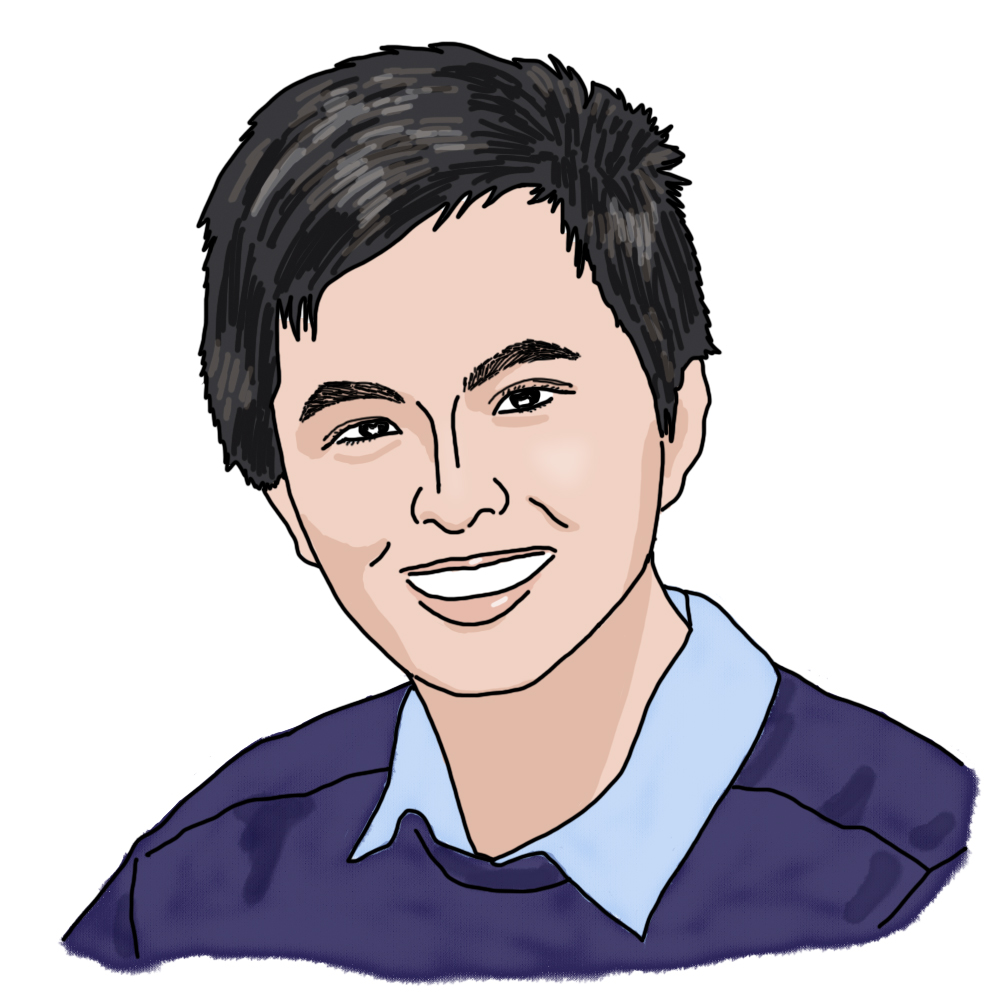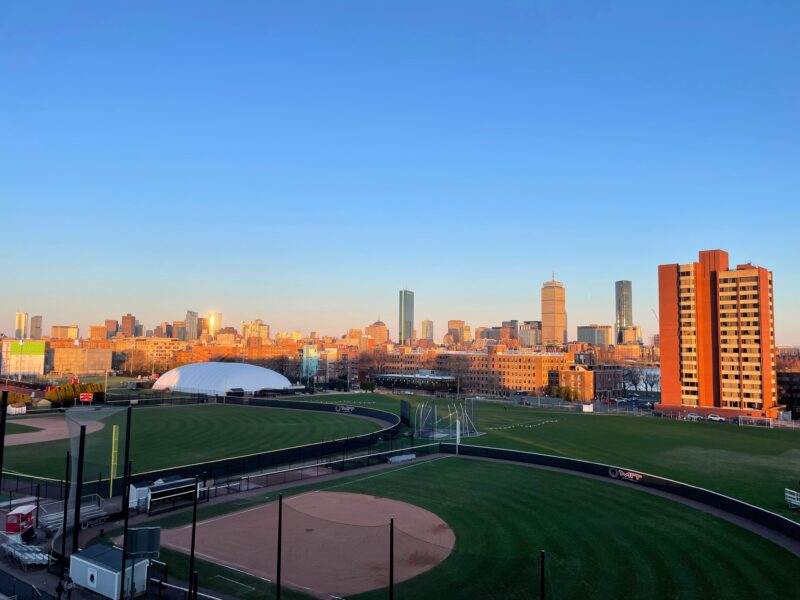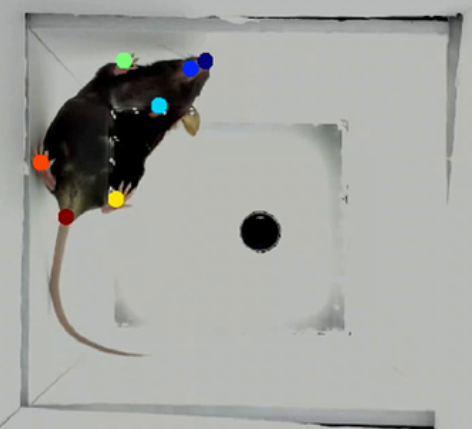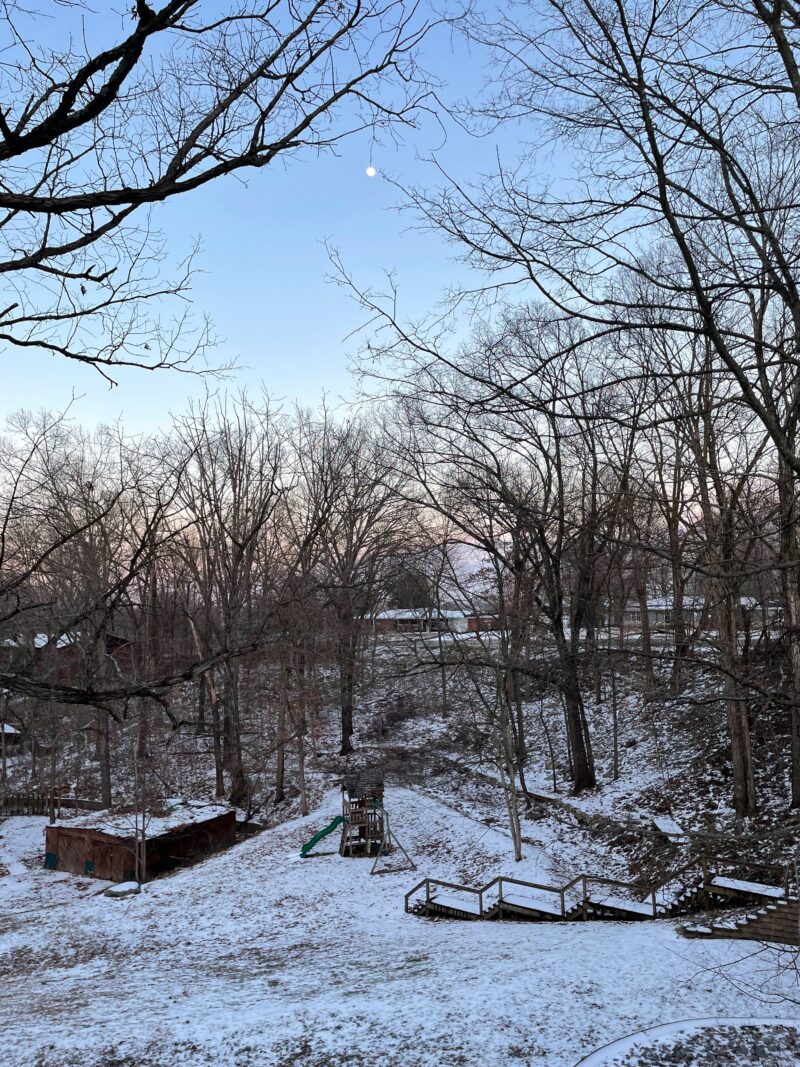
[Guest Post] We’re Not in ~Kansas~ Missouri Anymore by Andi Q. '25
Going From a Small Town to Boston, by Claire S. '25
Claire S. ’25 is a Computation & Cognition (6-9) major from Missouri. She’s one of MIT’s small-town and rural student ambassadors – part of the larger Small Town and Rural Student (STARS) Network, which aims to connect high school students from those backgrounds with top colleges. This network is brand new this academic year.
“Where do you want to go to college?”
There it was again, the dreaded question high-school-senior-me didn’t know how to answer. So I gave the only response I knew for sure: “Definitely not in a big city.”
I’d spent my entire life in a small town in Missouri, and I enjoyed the peace, friendliness, and comfort that came with it. Comparing that to my experiences in places such as New York City and San Francisco where everything was too busy, too loud, and too aggressive, the answer felt obvious. But I applied to colleges using the “throw everything at the wall and see what sticks” strategy, including small towns and big cities alike.
As you can probably tell by the fact that I’m writing for, well, MIT Admissions, things didn’t go the way I’d planned. I’m writing this in my dorm room overlooking the city of Boston. Ultimately, I decided to sacrifice the comfort of a small town for all MIT had to offer. And I’m very happy I made that choice. But that didn’t mean my transition was without struggle.

View of Boston from my room in Simmons Hall!
So here, in no particular order, are three things that were most difficult for me to adjust to:
- Struggling to find people with my background. As early as freshman orientation, the difference between me and my peers who had grown up in bigger areas was obvious. Most times when introductions were made, people said they were from the Bay Area, New York (by which they just meant NYC), etc. Groups formed very quickly during orientation of people roaming Boston together, while I was still trying to get my bearings and figure out how to use public transportation (the “T”). I started to wonder if I’d find anyone who shared my experiences and if I was missing out on the friend groups forming because it was taking me longer to adjust. (Spoiler alert: I have since found people who have similar backgrounds at MIT. And it was okay that I needed longer to adjust to Boston—I had four whole years to take advantage of things here, after all.)
- Not comparing myself to others. When I first heard about the amazing things my peers had done before college, I felt like I wasn’t enough and was less deserving to be at MIT. People talked about working at leading cancer research centers or lobbying the nearby state legislature or playing in nationally- or world-renowned music groups or a multitude of other things I couldn’t have done coming from a small town. It took me time to realize this wasn’t a reflection of me or my abilities but was instead a matter of circumstances. It wasn’t fair to compare myself to anyone else because my circumstances were out of my control, and I made the best with what I had. I’m just as deserving as anyone else to be at MIT—after all I made it in, didn’t I?
- Homesickness. Out of all the difficulties that come with moving away to a big city, this actually wasn’t one I expected. I figured with phone calls and text messages and FaceTime, I would be able to stay connected with my home and be fine. Homesickness certainly isn’t unique to students from small town backgrounds, but I think being so far away from my family and the community I’d built for 18 years combined with the fact that my new environment was so much different definitely made things more difficult. I remember returning to my dorm room some nights my freshman year and wishing there was someone for me to just exist with. I’ve found the best way to deal with this is to find a community at MIT that can become a sort of home, too. For me that’s the Mock Trial Team. I have absolutely no desire to be a lawyer, but the people on the team really are the best, and I’m so grateful for them. <3
Not everything about my transition to a big city was negative, though. I was pleasantly surprised with a lot of the opportunities it gave me. Without further ado, here are five (yes, five!) of the things I’ve really enjoyed about Boston.
- Entertainment. The closest major city to my town is St. Louis, which is two hours away. That made for a four hour round trip any time I wanted to go to a concert, play, or sporting event and required planning far ahead of time. Now those venues are so much closer (Fenway Park and MGM Music Hall are only a twenty minute walk), and my friends and I can be more spontaneous. I’ve gotten to see musicals such as Hamilton and Hadestown and artists such as OneRepublic, AJR, Dua Lipa, Andy Grammer, and Tai Verdes all passing through Boston!

OneRepublic concert at MGM Music Hall
- Nine dollar tickets. To Red Sox games. Just for college students. $9 is barely enough to cover a Dunkin’ run, but I can get seats to a baseball game for that much?? This year, a friend and I took advantage of the deal and went to Opening Day at Fenway Park. If you’re a baseball enthusiast like me, this deal is too good to pass up.
- Research. I mentioned one of the things I felt like I missed out on back home was research, but there are so many opportunities in the Cambridge/Boston area. My sophomore year, my academic advisor (Dr. Ann Graybiel, a really cool person doing really cool research in neuroscience) offered me a position in her lab. I spent a semester training a neural network to track and cluster the movements of mice with certain brain disorders. It was a great opportunity because it gave me hands-on experience and helped me decide if I wanted to do something similar in the future. I’m majoring in Course 6-9 (a combination of computer science and neuroscience), so this research felt perfect for me, but there really is something nearby for any interest!

Training a computer (with pretty colors as markers) to track the movements of mice for my research project!
- So. Many. Students. One of the cool things about Boston is the high concentration of college students. There are more colleges than I can count in the area, which means you’re bound to find people your age interested in the same things as you. For me, this has included getting to play with talented music ensembles, finding other young creative writers, and participating in hackathons. Hackathons, which are events where students get together to solve some problem in a short period of time, are happening constantly and draw from colleges all over the Boston area (and sometimes all across the country!). I’ve participated in HackMIT, which is a large-scale programming-oriented hackathon, and a Brain-Computer Interfaces Hackathon where we tried to use brain signals to control robotic vehicles. There are also medical hackathons, education hackathons, VR/AR hackathons, and many more.
With all that being said, there are still things I love about home. Whenever my parents pick me up from the St. Louis airport and we embark on the two-hour drive home, I love looking up at all the stars I couldn’t see in the city. When I step out of the car outside our house, I’m always hit by the stillness and peace of the nature around me.

Home in the winter
But one of the things I’ve learned recently is that you don’t have to choose between the two. You don’t have to discard your identity when you come to MIT. In fact, I’ve found holding on to my background has helped me in college. Coming from a small town has taught me to make my own opportunities, and that’s especially useful in a big city where it can seem easy to become part of a crowd. My background has also kept me grounded. While cities like Boston can feel more focused on a hustle or career-oriented culture, my town ingrained in me that there’s more value to a person than their success. This has kept me from feeling anxious about grades or job prospects and helped me fight off the imposter syndrome that affects so many people here.
Now, I’ve found a place where I can both celebrate my background and help other prospective students celebrate theirs through a new small town and rural student ambassador program at MIT. The program is part of the larger STARS (Small Town and Rural Student) Network through which several top colleges strive to connect with students from those backgrounds. Helping with the program has been very fulfilling because I remember being in high school and wanting advice from people with similar backgrounds to me. I remember it being hard to find similar people who had chosen the path I wanted to take. I love that STARS allows me to be that source of guidance and advice for other students.
So, if you do decide to make the leap from a small town to a big city, don’t feel like you have to give up your background to fit in. Celebrate that part of your identity, but also embrace everything your new environment has to offer.